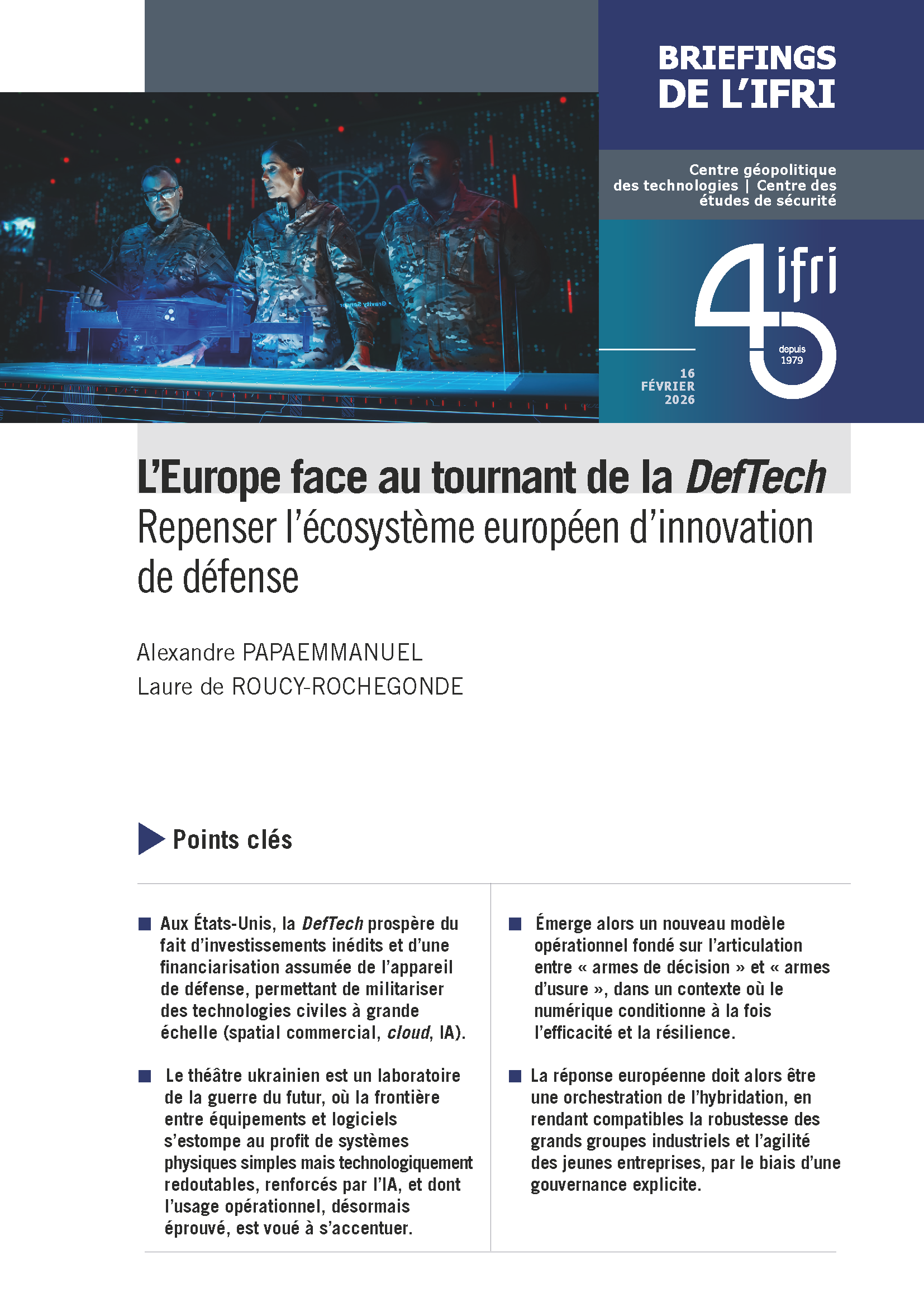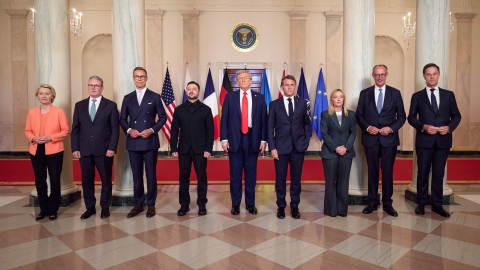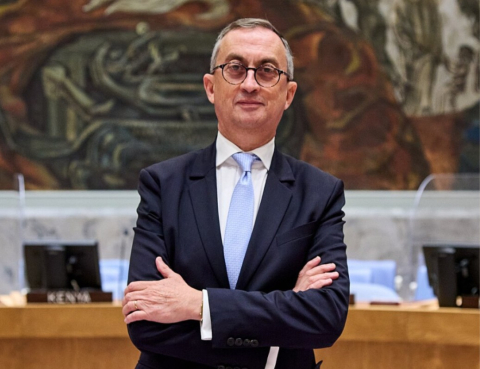
Informations pratiques
Thématiques et régions
Centres et programmes liés
Ceci est un événement réservé.
En savoir plus sur nos programmes de soutienDans le cadre de l'Ifri Energy Breakfast Roundtable, un séminaire avec Anthony Livanios, CEO, Energy Stream CMG, Christoph Van Agt, chercheur, Clingendael International Energy Program, Pays Bas, et Maciej Wozniak, expert Energie indépendent, Pologne.
Présidence: William C. Ramsay, conseiller du Centre Energie à l'Ifri et Jacques Lesourne, président du comité scientifique du Centre Energie à l'Ifri.
Last November the Nord Stream project opened its first pipeline capable of providing 27,5 bcm of Russian gas to the Northern European market. Part of the TEN-E program, this new pipeline represents a strategic step for Europe in securing supply from alternatives routes.
But is this a true diversification, either for Russia or the EU? Will another route for Russian gas to Europe reinforce dependence or ease security of supply concerns?
Russian gas represents already almost 40% of EU"s gas imports (or 70% of Russia"s gas exports). From an Eastern European point of view, the pipeline will transport gas to the Czech Republic diverting continental gas flows through Poland and other countries in the energy community. While 55 bcm can flow through Nordstream to the European market by the end of the project, one wonders where Gazprom is going to get this gas.
If Russian gas production does not increase, alternative sources will have to be found. Gazprom faces several options: increase Russian production, divert its gas from other pipelines so as to fulfill Nord Stream capacity, or tap into central Asian resources.
This conference will address the following questions: what is the evolution in the security of supply strategy of Eastern and Southern Europe? What are the available Russian resources and the alternatives for Gazprom? What is the current situation of the Caspian resources and what developments might we expect in the next years?
Replay
Sujets liés
Autres événements
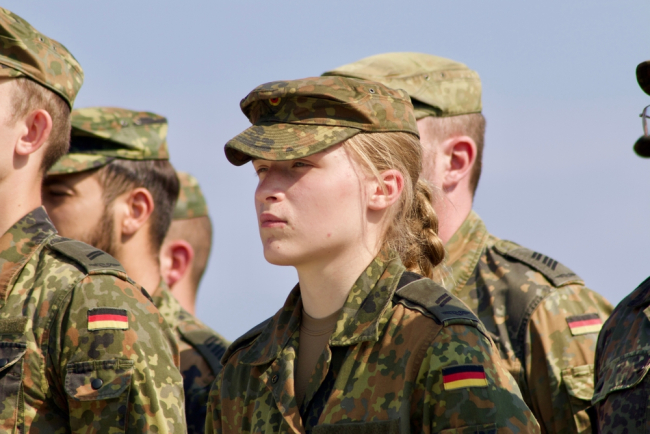
Quelle politique de défense en Allemagne ?
Face à la guerre en Ukraine et à l’instabilité géopolitique en Europe dans un cadre transatlantique perturbé, l’Allemagne a amorcé un tournant majeur dans sa politique de défense, avec une hausse significative des dépenses militaires, la modernisation de la Bundeswehr et le débat sur un éventuel retour du service militaire obligatoire.
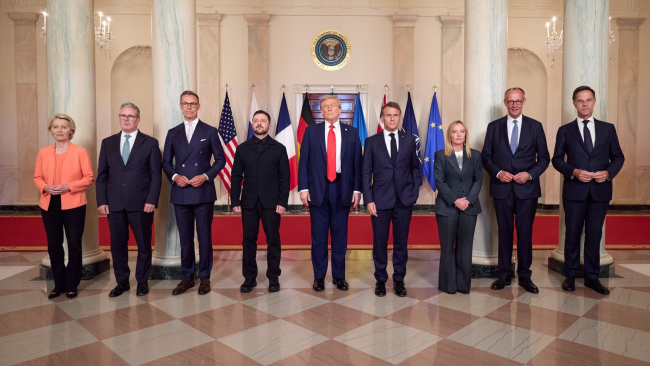
Quatre ans de guerre en Ukraine : verra-t-on la fin du conflit en 2026 ?
Un déjeuner débat autour de Tatiana Kastouéva-Jean, Directrice du Centre Russie/NEI, et Élie Tenenbaum, directeur du

Quel partenariat technologique avec l’Inde ?
Le 16ème Sommet UE-Inde, qui s’est tenu le 27 janvier à New Delhi en présence des dirigeants européens António Costa, Ursula von der Leyen, et du Premier ministre Narendra Modi, marque un tournant dans le renforcement des liens entre l'Union européenne et l'Inde. Parallèlement, les visites bilatérales se multiplient, à l’image de celle du Président français qui s’est rendu en Inde mi-février pour participer au Sommet sur l’Intelligence Artificielle.



